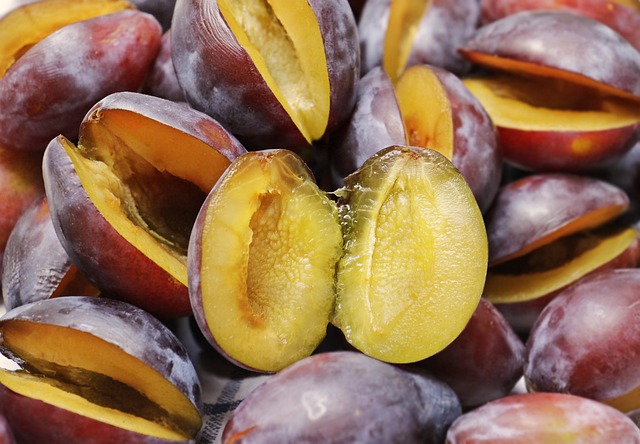Breaking Down Probiotic Strains: Which Ones are Best for You?
Probiotics have gained significant popularity in recent years for their potential health benefits. These live bacteria and yeasts provide a variety of benefits to the human body, primarily by promoting healthy gut flora. However, not all probiotic strains are created equal, and choosing the right strains for your specific needs can be overwhelming. In this article, we will break down some of the most common probiotic strains and discuss which ones may be best for you.
Lactobacillus acidophilus
Lactobacillus acidophilus is one of the most well-known and extensively studied probiotic strains. It is naturally found in the human intestines and plays a vital role in maintaining a healthy digestive system. This strain is known for its ability to produce lactase, an enzyme that helps break down lactose, making it beneficial for individuals who are lactose intolerant. Additionally, Lactobacillus acidophilus may help boost the immune system, improve nutrient absorption, and alleviate symptoms of irritable bowel syndrome (IBS).
Bifidobacterium bifidum
Bifidobacterium bifidum is commonly found in the large intestine and helps maintain a healthy balance of gut bacteria. It is often recommended for individuals with digestive issues, such as diarrhea and constipation. This strain has also been studied for its potential to boost the immune system, reduce inflammation, and improve overall gut health. Bifidobacterium bifidum may be particularly beneficial for infants and young children, as it helps establish a healthy gut microbiota early on.
Lactobacillus rhamnosus
Lactobacillus rhamnosus is a versatile probiotic strain that has been extensively researched for its numerous health benefits. It is known for its ability to support digestive health, promote a healthy urinary tract, and boost the immune system. Lactobacillus rhamnosus may also help alleviate symptoms of allergies, skin conditions, and respiratory infections. Additionally, this strain has shown promising results in managing symptoms of eczema in both infants and adults.
Saccharomyces boulardii
Saccharomyces boulardii is a yeast-based probiotic strain that is not naturally found in the human gut. However, it is widely used as a supplemental probiotic for various gastrointestinal issues. This strain has been studied for its ability to prevent and treat antibiotic-associated diarrhea, traveler’s diarrhea, and Clostridium difficile (C. diff) infections. Saccharomyces boulardii may also help with inflammatory bowel diseases, such as Crohn’s disease and ulcerative colitis.
Choosing the Right Probiotic Strain for You
The effectiveness of probiotics largely depends on matching the right strain with your specific health needs. When choosing a probiotic supplement, consider the following factors:
- Health condition: Determine if you have a specific health concern that can be targeted by a particular strain. For example, Lactobacillus acidophilus may be beneficial for those with lactose intolerance.
- Research and evidence: Look for probiotic strains that have been extensively studied and backed by scientific research for their claimed benefits.
- Potency and viability: Ensure that the probiotic supplement provides an adequate amount of live bacteria or yeast and that it can survive the digestive process to reach your gut alive.
- Quality and manufacturing practices: Choose probiotic products from reputable brands that follow good manufacturing practices to ensure product safety and efficacy.
It’s important to note that the effectiveness of probiotics can vary from person to person, as everyone’s microbiome is unique. Consulting with a healthcare professional or a registered dietitian can help you determine the most suitable probiotic strain and dosage for your specific needs.
Conclusion
Probiotics offer a range of health benefits, and the choice of strain is crucial to maximize their potential advantages. Lactobacillus acidophilus, Bifidobacterium bifidum, Lactobacillus rhamnosus, and Saccharomyces boulardii are just a few examples of probiotic strains that have shown







